- myFICO® Forums
- Types of Credit
- Credit Cards
- Re: Cap QS reward statement credit wont count as p...
- Subscribe to RSS Feed
- Mark Topic as New
- Mark Topic as Read
- Float this Topic for Current User
- Bookmark
- Subscribe
- Mute
- Printer Friendly Page
Cap QS reward statement credit wont count as payment?
Is your credit card giving you the perks you want?
Browse credit cards from a variety of issuers to see if there's a better card for you.
- Mark as New
- Bookmark
- Subscribe
- Mute
- Subscribe to RSS Feed
- Permalink
- Report Inappropriate Content
Cap QS reward statement credit wont count as payment?
So when I look at my reward options it says the following: "an account credit does not take the place of your regular monthly payment; however, the account credit does decrease your account balance."
I get that its not a payment but that its a credit however if it doesnt take the place of my payment or at the least reduce the amount I have to pay what do I need credit for lol?
like if my balance is 100.00 and I got a 100.00 worth of rewards I can redeem. Why cant I apply that to my balance making it zero? And if my balance is zero why do I need to make a payment? Like what does that statement even mean. I can understand if my balance is 150 and my statement credit is 100.00 that I need to pay 50 because I owe a balance. so qs holders or any credit card with these same conditions please shed light on wth does that mean. thank you in advance.
- Mark as New
- Bookmark
- Subscribe
- Mute
- Subscribe to RSS Feed
- Permalink
- Report Inappropriate Content
Re: Cap QS reward statement credit wont count as payment?
- Mark as New
- Bookmark
- Subscribe
- Mute
- Subscribe to RSS Feed
- Permalink
- Report Inappropriate Content
Re: Cap QS reward statement credit wont count as payment?
- Mark as New
- Bookmark
- Subscribe
- Mute
- Subscribe to RSS Feed
- Permalink
- Report Inappropriate Content
Re: Cap QS reward statement credit wont count as payment?
- Mark as New
- Bookmark
- Subscribe
- Mute
- Subscribe to RSS Feed
- Permalink
- Report Inappropriate Content
Re: Cap QS reward statement credit wont count as payment?
@Anonymous wrote:
It actually does on Discover - I applied my cashback match this month and my min was reduced accordingly.
really? I guess Ive never used the cashback applied to my balance, Ive always saved it up and either bought GC or sent check. Thats good to know for other folks, thanks!!
- Mark as New
- Bookmark
- Subscribe
- Mute
- Subscribe to RSS Feed
- Permalink
- Report Inappropriate Content
Re: Cap QS reward statement credit wont count as payment?
@pizza1 wrote:
Ive never known in my many years of credit knowledge for a lender to ever use a cash back as a payment. Its never been considered a "payment". It can be applied to the overall bill, but is not considered your actual payment on the account.
This is new because you used to be able to do it with cap1. I've done it to skip a payment.


- Mark as New
- Bookmark
- Subscribe
- Mute
- Subscribe to RSS Feed
- Permalink
- Report Inappropriate Content
Re: Cap QS reward statement credit wont count as payment?
- Mark as New
- Bookmark
- Subscribe
- Mute
- Subscribe to RSS Feed
- Permalink
- Report Inappropriate Content
Re: Cap QS reward statement credit wont count as payment?
- Mark as New
- Bookmark
- Subscribe
- Mute
- Subscribe to RSS Feed
- Permalink
- Report Inappropriate Content
Re: Cap QS reward statement credit wont count as payment?
If you want to use it as a payment all you need to do is have your cashback direct deposited into your checking account then use that cash to make a payment.
The statement credit is simply that a credit just like if you return an item to a store you get a credit to your account but you still need to make your minimum payment.
OP...This is my opinion as I have never tried it but I Would think that in your example of having a $100 balance and then getting a $100 credit you would not have to make a payment. This should be true as long as your balance is zero after the credit. If your statement cuts with a $100 balance and then you charge another $50 I would assume that the minimum payment would still be due.



Current Scores







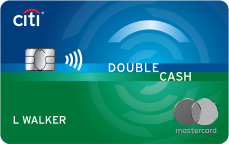

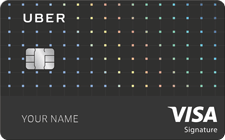
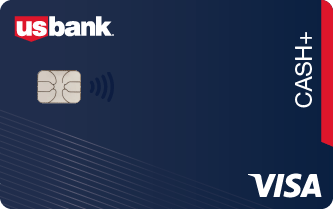

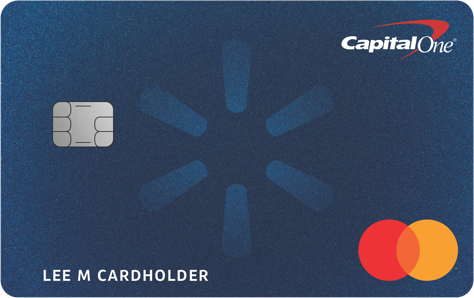
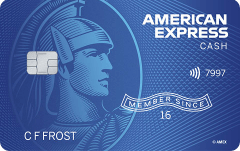
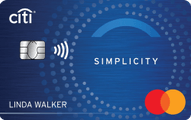

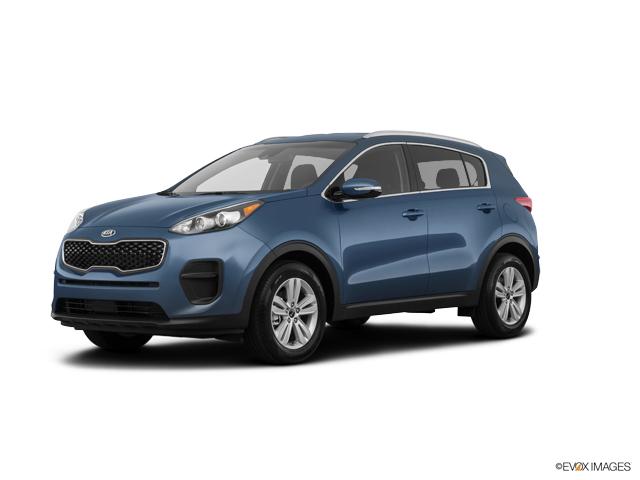
Garden Goal is All Reports Clean – Achieved 11/26/20

- Mark as New
- Bookmark
- Subscribe
- Mute
- Subscribe to RSS Feed
- Permalink
- Report Inappropriate Content
Re: Cap QS reward statement credit wont count as payment?
Most banks and credit unions do it like Capital One. They want the borrower to make their minimum payment each month, even if other (perhaps larger) credits post to the account. It's a risk-reduction technique.
I'm surprised that Discover does not follow the standard practice.
Sock Drawer: PenFed Promise • NFCU cashRewards • Chase Sapphire Preferred • Chase Freedom Unlimited • United Explorer • UNFCU Azure